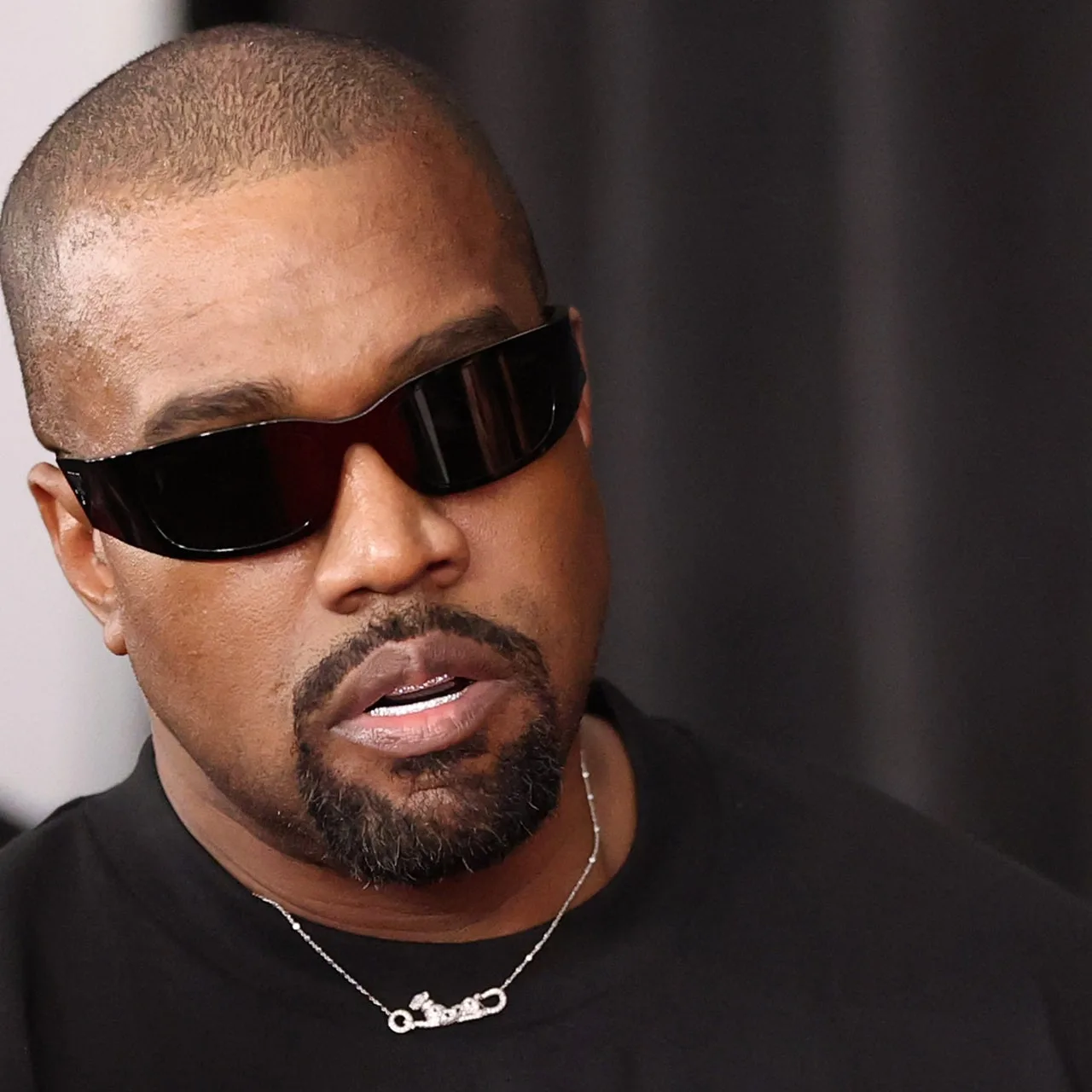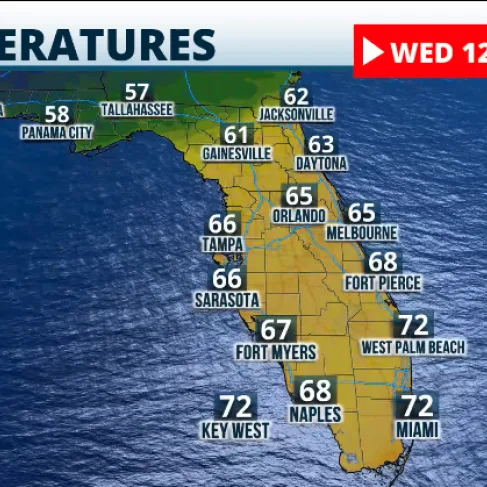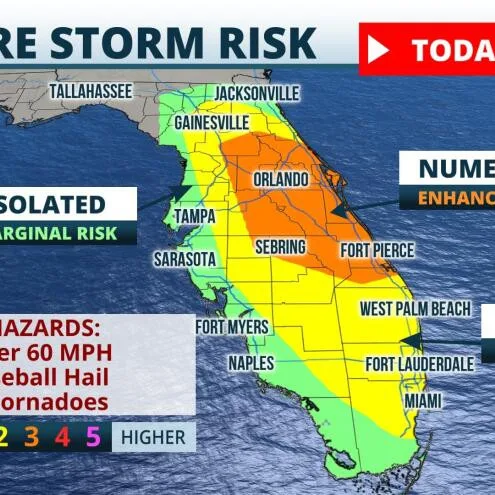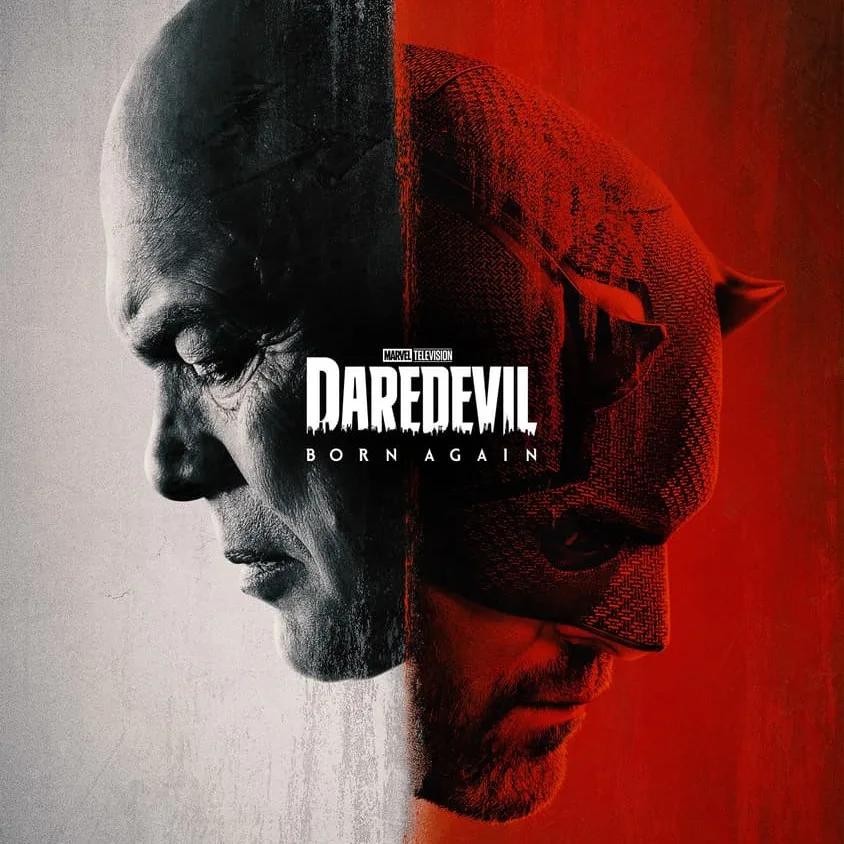In a recent string of controversial statements, rapper Kanye West made headlines by praising Adolf Hitler and calling himself a Nazi during a rant on X (formerly Twitter). This incendiary declaration follows a series of antisemitic comments that have drawn widespread condemnation from various sectors of society, including multiple organizations dedicated to combating hate speech. In a separate incident, West reached out to former President Donald Trump asking him to intervene and help free Sean ‘Diddy’ Combs, who is reportedly facing legal issues. The plea was made via social media, with West expressing his need for Diddy, stating, ‘We need Puff back, he’s been gone too long.’ Meanwhile, Diddy himself expressed gratitude towards West for his support, acknowledging the rapper’s public declarations on social media. This complicated narrative weaves together themes of celebrity influence, the seriousness of hate speech in contemporary society, and the challenges facing public figures like Diddy as legal troubles loom over them. West’s recent actions and words have reignited discussions about the responsibilities of those in the public eye and the effects of their advocacy or criticisms on social justice issues.
Kanye West’s Controversial Statements and Support for Diddy Amidst Legal Challenges











